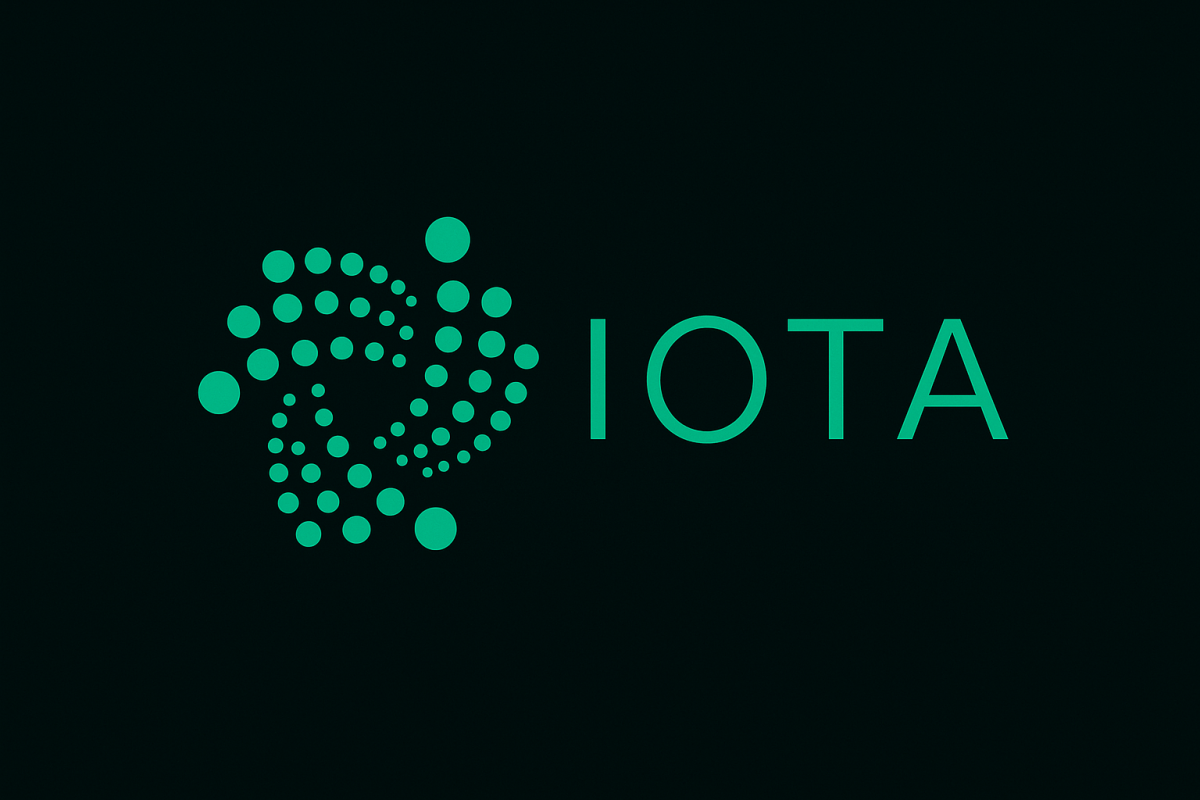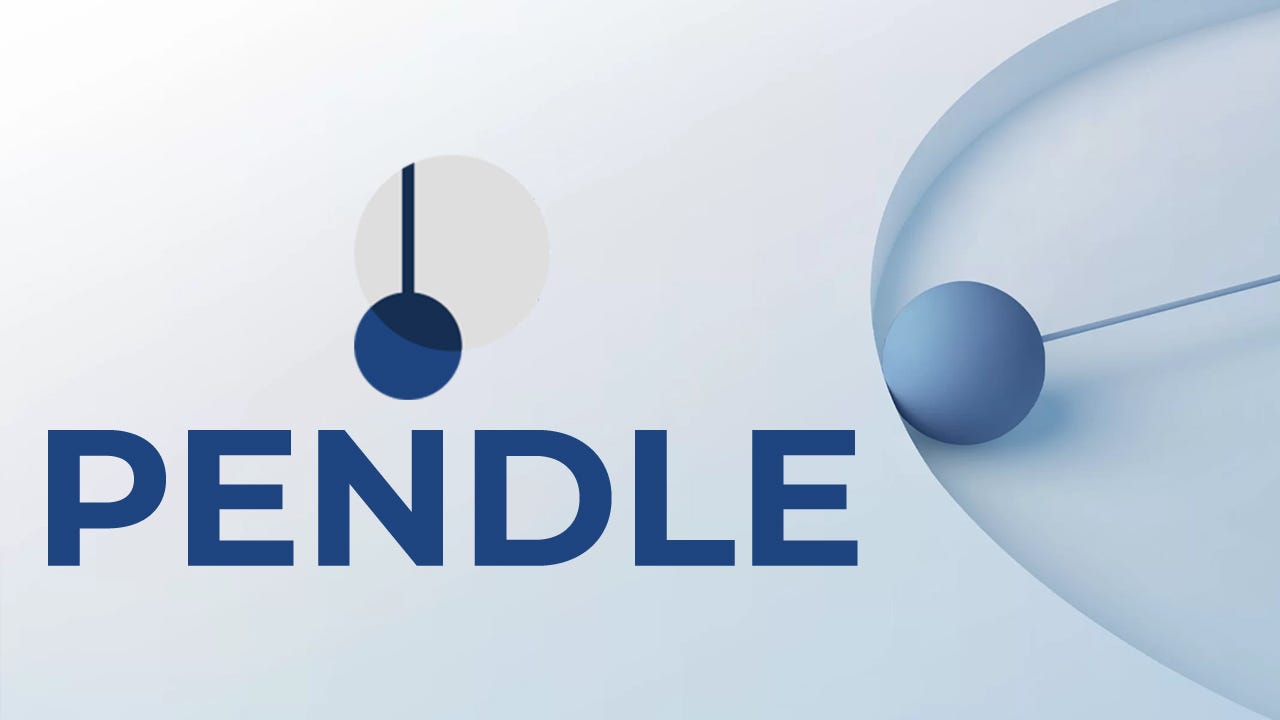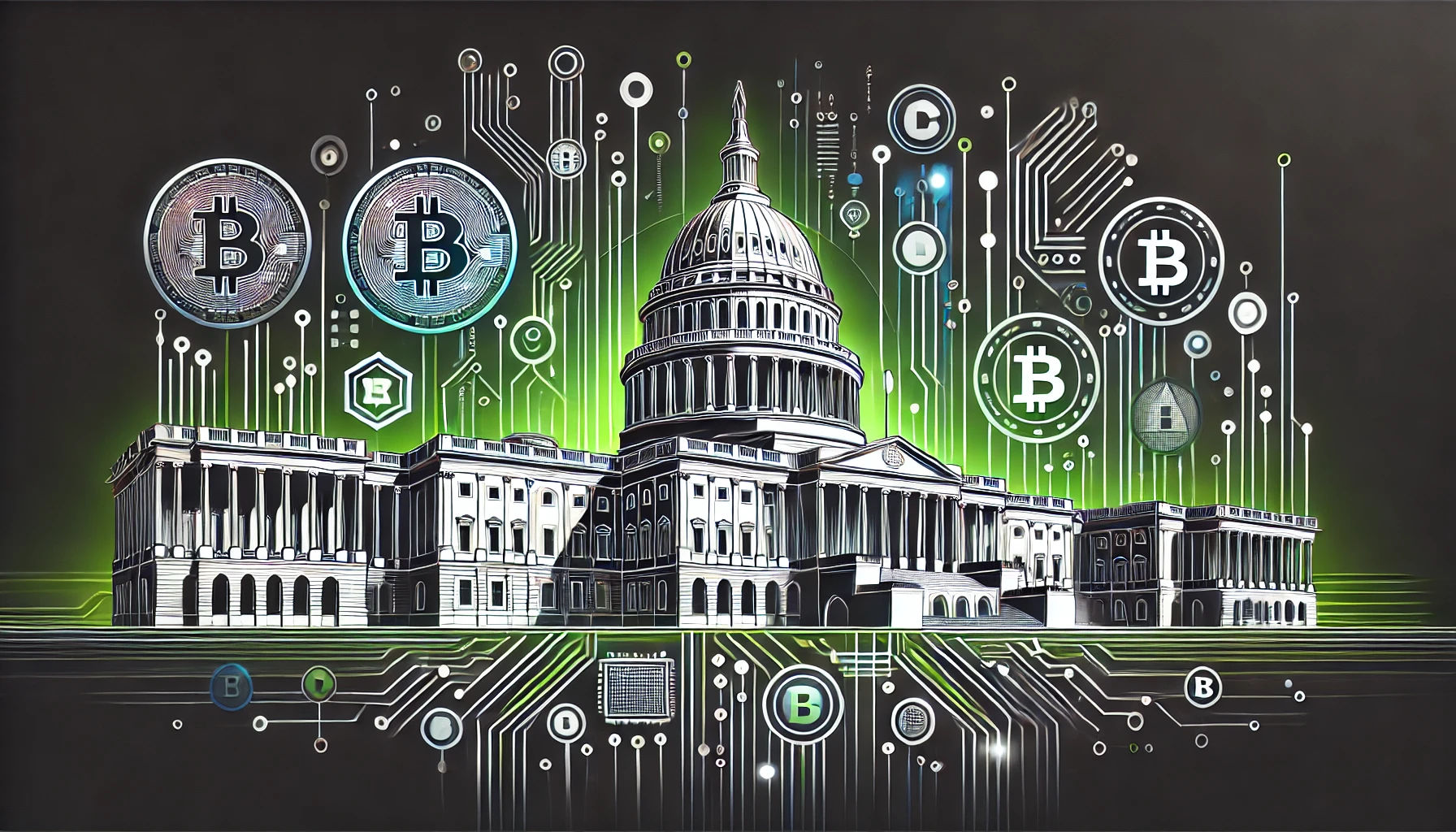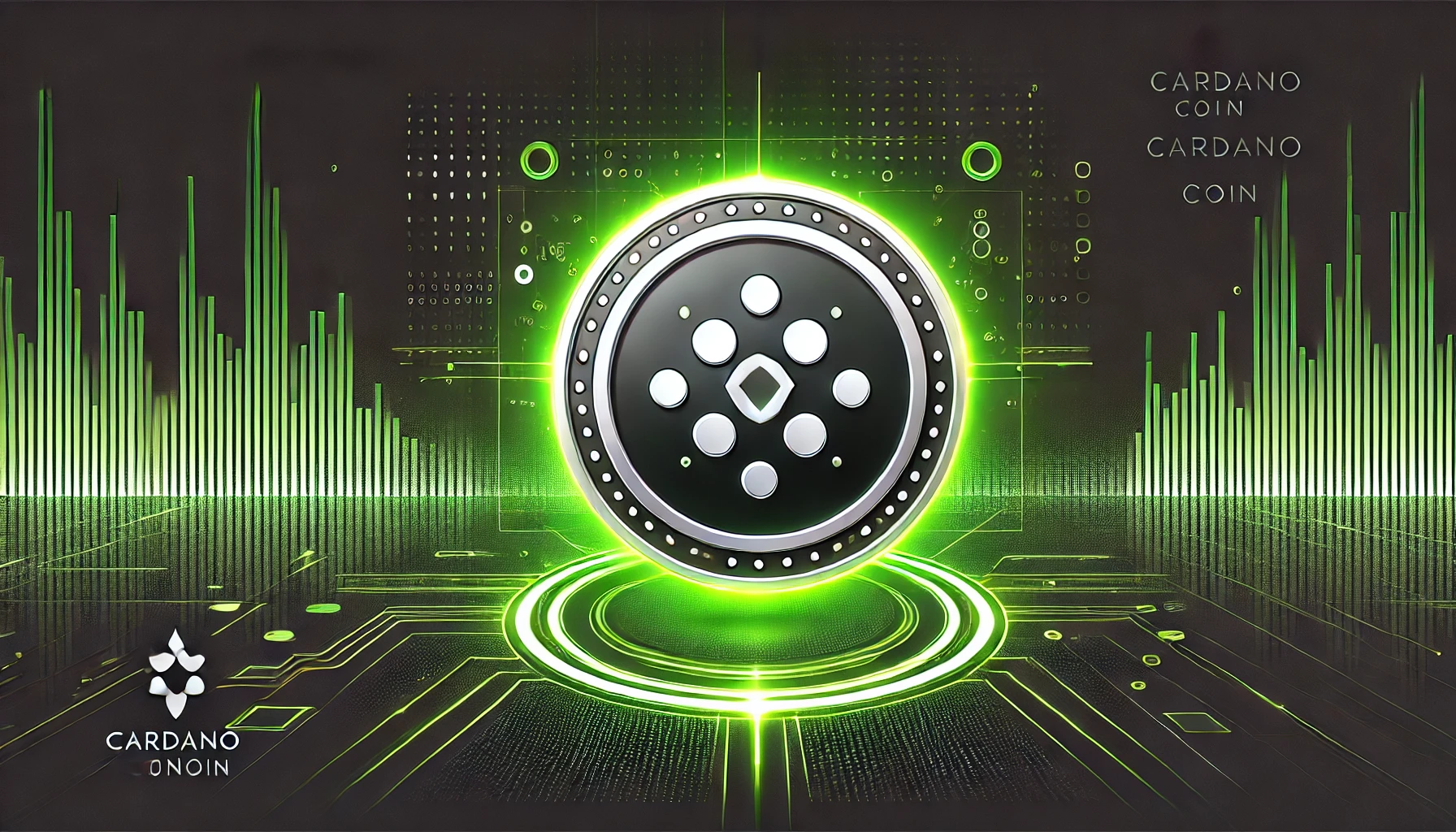IOTA sees Asia developing into an innovation-friendly yet risk-conscious crypto region

- Regulators in Asia are increasingly adapting their crypto regulation to innovative but high-risk assets, with particular emphasis on clear licensing and disclosure requirements.
- According to IOTA, a complete audit of wallet-to-wallet activities cannot be implemented in practice and is generally incompatible with the expectations of decentralized systems.
The regulatory map of Asia is changing: Hong Kong, Thailand, Malaysia and South Korea are moving towards more innovation-friendly regulation of digital assets. They focus on the areas of licensing and risk management.
Hong Kong already developed a special stablecoin regulation in August. It essentially includes new regulations to prevent money laundering, especially when it comes to self-hosted wallets.
Die IOTA Foundation argues However, a complete review of all wallet-to-wallet activities cannot be implemented in practice and is generally not compatible with the promises of decentralized systems. It advocates a tokenized, KYC-secure protocol using verifiable credentials supported by blockchain analytics to identify high-risk trends without restricting self-hosted wallets.
The Thai Securities and Exchange Commission proposed lifting the current ban on conflicts of interest on tokens.
IOTA noted that these tokens serve practical purposes in fees and access to the platform and that regulation rather than a ban is necessary to ensure fair use and ensure the competitiveness of domestic platforms.
IOTA calls for tiered model and dedicated stablecoin architecture
Malaysia’s listing reform proposal increases exchange autonomy at the expense of increased capital requirements and a one-year trading history for tokens.
IOTA supports the liberalized strategy but pointed out that the minimum capital of RM15 million is higher than global norms and that this puts smaller players at a disadvantage. It supports a dedicated stablecoin framework that is aligned with central bank policy.
However, South Korea is transitioning crypto companies into its venture business model, which offers access to tax benefits and financial resources. IOTA viewed this as recognition of the use of blockchains in the areas of AI, supply chains and digital assets.








No Comments